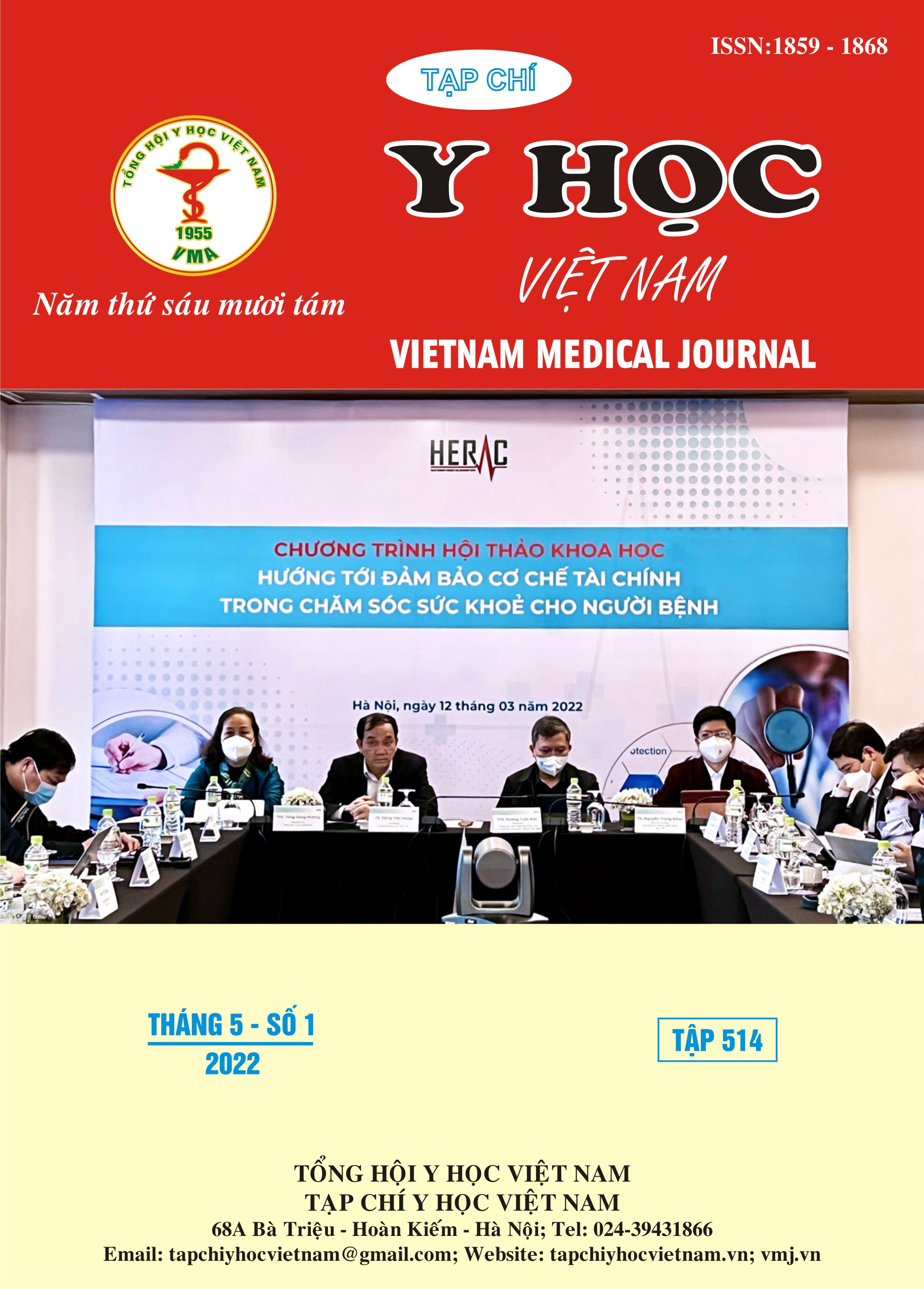VALUE OF PROSTATE SPECIFIC ANTIGEN DENSITY IN PROSTATE CANCER PREDICTION
Main Article Content
Abstract
The purpose of this study was to assess the predictive value of prostate specific antigen density (PSAD) for detection of clinically significant prostate cancer in men undergoing transrectal ultrasound (TRUS)-guided prostate biopsy or total prostatectomy. We carried out cross-sectional descriptive study in men who were suspected of prostate cancer (trans-abdominal ultrasound, transrectal ultrasound, digital rectal examination or PSA > 2,5 ng/ml). ROC curve analysis to compare PSAD and PSA performance and chi-square automatic interaction detector methodologies were used to identify predictors of clinically significant cancer (Gleason score ≥ 7 or international society of urological pathology grade group ≥ 2). PSAD was a better predictor than PSA alone of clinically significant prostate cancer. At the cut-off of PSAD 0,84 ng/ml2, the AUC to predict clinically significant prostate cancer was 0,822 with 67,3 % sensitivity, 90,9% specificity, 91,7 % positive predictive value and 65,2 % negative predictive value for the diagnosis of clinically significant cancer.
Article Details
Keywords
prostate specific antigen density, prostate cancer, preditive value
References
2. Sfoungaristos S, Katafigiotis I, Perimenis P. The role of PSA density to predict a pathological tumour upgrade between needle biopsy and radical prostatectomy for low risk clinical prostate cancer in the modified Gleason system era. Can Urol Assoc J. 2013;7(11-12):722-7. doi:10.5489/cuaj.374
3. Wang Z, Wei C, Zhang Y, et al. The Role of PSA Density among PI-RADS v2.1 Categories to Avoid an Unnecessary Transition Zone Biopsy in Patients with PSA 4-20 ng/mL. Biomed Res Int. 2021 Oct 11;2021:3995789. doi:10.1155/2021/3995789.
4. Benson MC, McMahon DJ, Cooner WH, et al. An algorithm for prostate cancer detection in a patient population using prostate-specific antigen and prostate-specific antigen density. World J Urol. 1993;11(4):206-13.doi: 10.1007/BF00185070.
5. Catalona WJ, Southwick PC, Slawin KM, et al. Comparison of percent free PSA, PSA density, and age-specific PSA cutoffs for prostate cancer detection and staging. Urology. 2000;56(2):255-260. doi:10.1016/S0090-4295(00)00637-3
6. Lujan M, Paez A, Llanes L, et al. Prostate specific antigen density. Is there a role for this parameter when screening for prostate cancer. Prostate Cancer Prostatic Dis. 2001;4(3):146-149.doi: 10.1038/sj.pcan.4500509.
7. Bruno SM, Falagario UG, d’Altilia N, et al. PSA Density Help to Identify Patients With Elevated PSA Due to Prostate Cancer Rather Than Intraprostatic Inflammation: A Prospective Single Center Study. Front Oncol. 2021;0. doi:10.3389/ fonc.2021.693684


